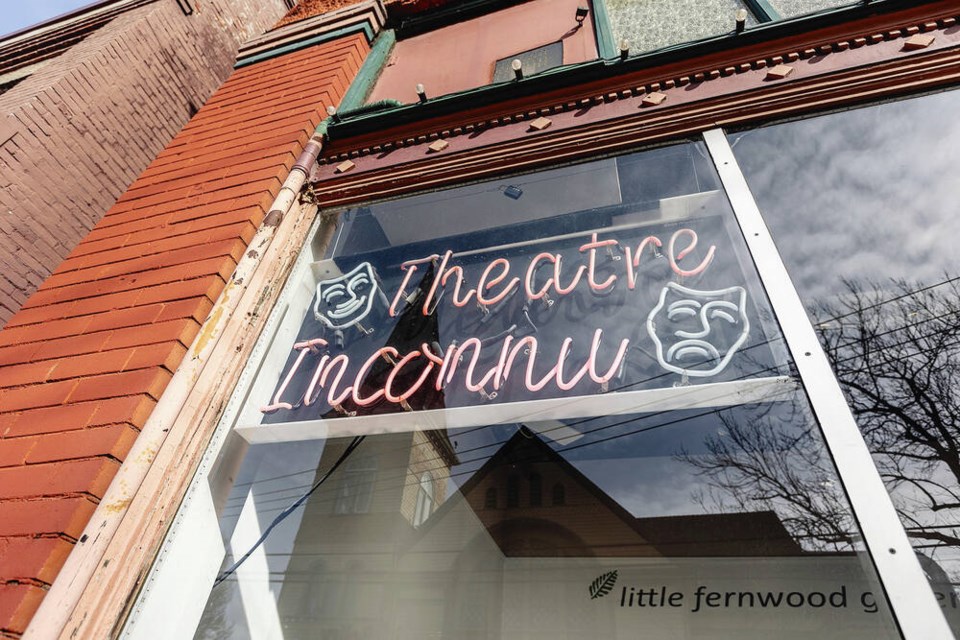A commentary by an adjunct professor in the School of Indigenous and Canadian Studies at Carleton University in Ottawa. She has been awarded the Order of Canada for her “contributions to public discourse.”
I want to vehemently protest the abrupt cancellation of Wendy Lill’s play, Sisters, at Theatre Inconnu in Victoria last week.
As a writer who’s only recently taken up the challenge that reconciliation poses to settler Canadians, I have long admired the courage and moral insight Wendy Lill has brought to her work.
She wrote Sisters well before the Truth and Reconciliation Commission began to shed light on Canada’s shameful residential school legacy.
In it, she took on the disquieting question of how ordinary Canadians could allow themselves to become instruments of colonial cultural violence: in this case, nuns associated with the Sisters of Charity who helped run the residential school in Subenacadie, near where Wendy Lill lives in Nova Scotia.
The fact that she wrote this play with sympathy is part of her genius. Scene by believably excruciating scene, she reconstructs the harsh subjugation of the 17-year-old novitiate Mary’s self and spirit to the harsh disciplines of the convent.
She unflinchingly charts how Mary gradually lets herself embrace this, and then to start inflicting this same unfeeling discipline and abuse on the young Indigenous children for whom she’s responsible at the residential school.
It’s this personal account of an ordinary individual’s implication in the genocidal abuse that residential schools represented that makes the performance of the play, and the character of the old Mary looking back on her life so powerful.
For the play to be cancelled on the grounds that this sympathetic portrait “glorifies abusers” and “whitewashes colonial history,” thus making the play “racist” and “offensive” adds insult to the injustice of the decision.
I also protest how this cancellation came about: on the strength of an online outpouring of criticism and condemnation, a lot of it on Instagram, which in turn was acted on unilaterally by the theatre’s landlord.
As far as I know, none of these outraged people came to see the play, or to talk with the producer, director and cast.
I protest the insult not just to Wendy Lill. I protest the insult to the performance team, both the director and the actors.
When I attended the opening night, Feb. 25, I witnessed their enormous courage, as well as talent, in fully inhabiting the uncomfortable roles Wendy Lill had written for them.
They didn’t pull any punches, especially the person playing the role of the older Mary. They all did Wendy Lill proud.
I want to issue a reconciliation challenge of my own: that the people associated with the complaints that shut down the play come together with the producer and director, and perhaps agree to a special additional performance either preceded by or followed by a dialogue in which all can participate.
>>> To comment on this article, write a letter to the editor: [email protected]



